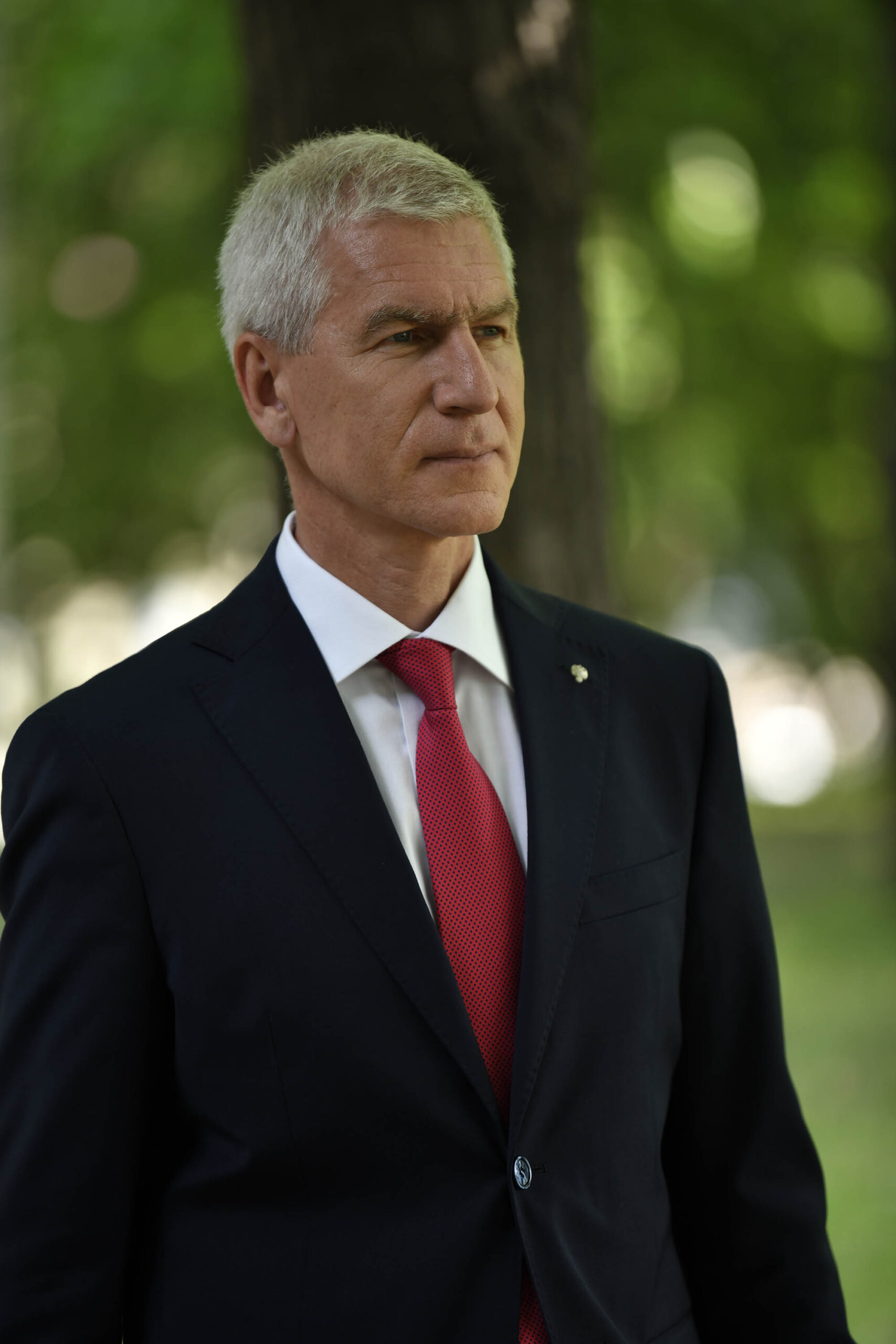
Following the decision of the Court of Arbitration for Sport in the case of the World Anti-Doping Agency (WADA) vs. the Russian Anti-Doping Agency (RUSADA), the International University Sports Federation (FISU) has agreed that Oleg Matytsin will step aside from his role as FISU President for the remainder of the two year period referred to in CAS’s decision (i.e. until 17 December 2022). Matytsin is also Minister of Sport for the Russian Federation.
During this period, Matytsin will not act as FISU President, fulfil any of the roles, responsibilities or duties of the FISU President, sit on FISU’s boards or committees, or otherwise act as a FISU representative. FISU First Vice President Leonz Eder will handle Presidential duties until December 2022. Having been elected to a second four-year term on 16 November 2019, Matytsin will step back into the Presidency on 17 December 2022.
“University sport has always had an exemplary approach to promoting clean sport and promoting clean athletes. Respect for the rules, for teammates and for opponents is also a key part of our work to ensure the leaders of tomorrow are shaped by their experiences of international university sport,” said Matytsin.
In 2016, the first year of Matytsin’s presidency, FISU and WADA collaborated around an e-textbook for teaching clean sport within university curricula. In 2019, FISU partnered with the International Testing Agency (ITA) in order to have the ITA serve as delivery partner for anti-doping programmes at the FISU World University Games. The ITA has also helped with education programmes.
Beyond clean sport, Matytsin’s Presidency to date has been marked by the delivery of four very successful editions of the FISU World University Games including the ground-breaking Almaty 2017, the historic Taipei 2017, the highest standards of Krasnoyarsk 2019 and the unique Napoli 2019. The creation of the FISU University World Cup Football has accelerated a move towards inter-university competitions that complement the classic international format.
Enhanced relationships with universities have seen the creation of FISU’s Academic Advisory Board, while enhanced relationships with the Olympic Movement have seen the developments of fresh partnerships and Memoranda of Understanding with the IOC and the Association of National Olympic Committees. Meanwhile, FISU has relaunched its brand and launched key new projects. The FISU Volunteer Leaders Academy has trained a multitude of students to become ambassadors for university sport. And the Healthy Campus initiative has expanded FISU’s focus to wider physical activity and wellness throughout the world’s 40,000 universities.
“From reinforcing anti-doping work to the adoption of clear strategic roadmap to 2027, to the securing of hosts for our flagship events through to 2023, FISU has demonstrated clear progress against all objective criteria in recent years. I am very proud of what we have been able to achieve together,” said Matytsin.
“FISU owes Oleg Matytsin a great debt of gratitude. His indisputable commitment to university sport spans decades and key leadership positions at national, continental and international level,” said Eder. “We are deeply thankful that Oleg’s passion for FISU’s work is not diminished by this temporary state of affairs.”